Projects
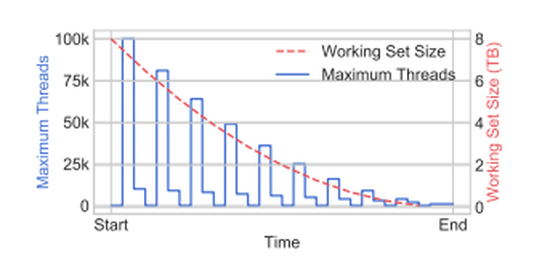
Numpywren: Serverless Linear Algebra
Run linear algebra at scale using a serverless execution framework
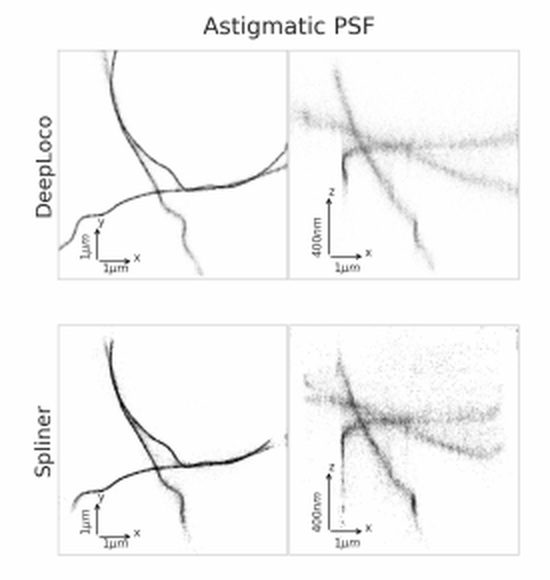
DeepLoco: Fast 3D Localization Microscopy Using Neural Networks
Structured prediction for inverse problems

PyWren: Real-time Elastic Execution
Run your code on thousands of cores with minimal overhead
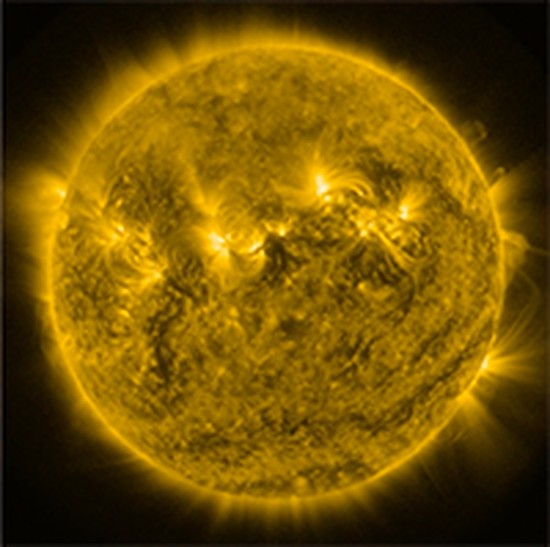
Machine learning for Heliophysics
Using machine learning to predict solar events
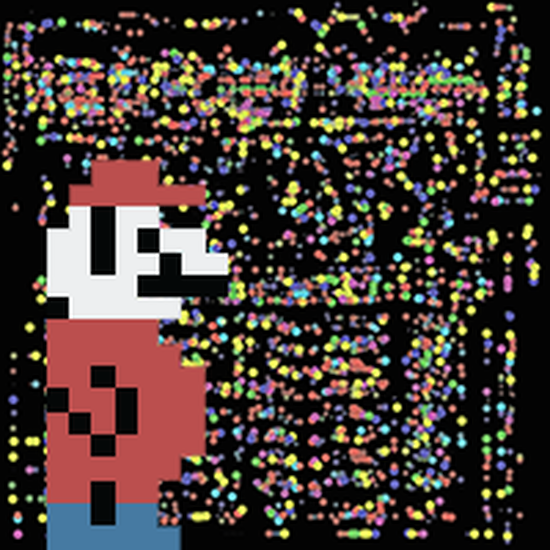
The Neurophysiology of Classical Computation
Or, ‘Could a neuroscientist understand a microprocessor?’
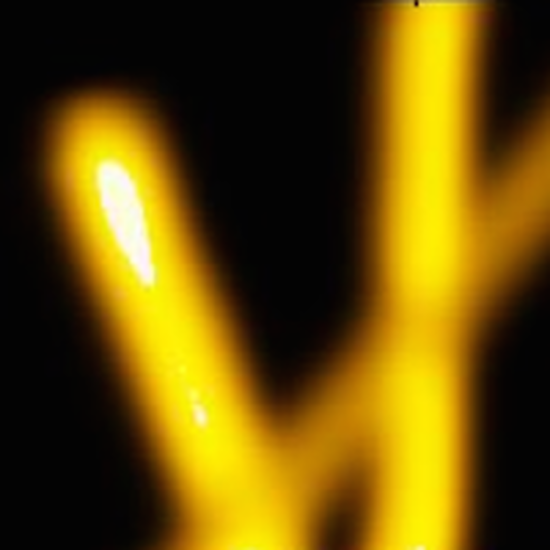
Phase-space imaging to see through scattering media
How can we exploit novel physics and computational algorithms to see through scattering media like fog and biological tissue?
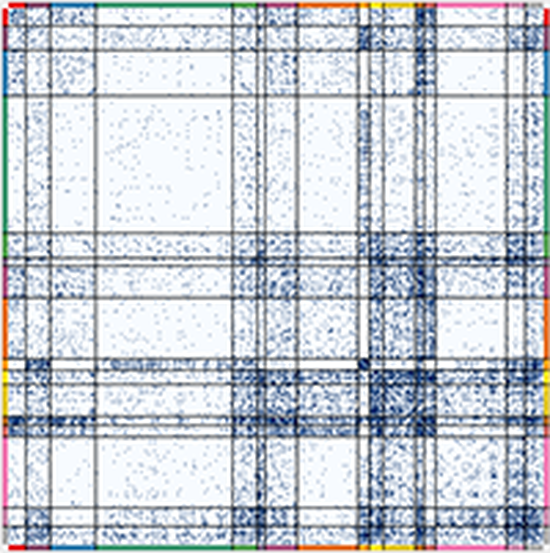
Connectomics Analysis
How do we reverse-engineer the schematic of the brain? And how do we make sense of that data?
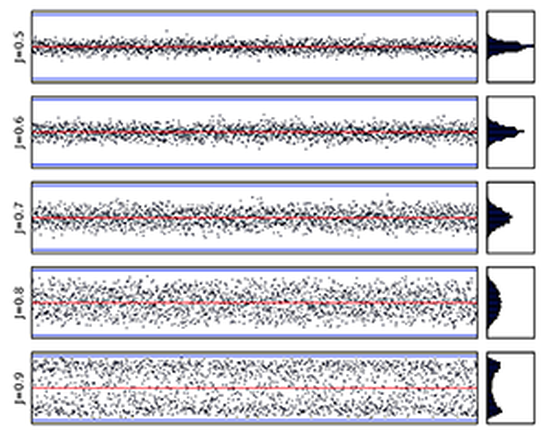
Stochastic Circuits
My Ph.D. thesis work, building probabilistic computing architectures to accelearte Bayesian computation.